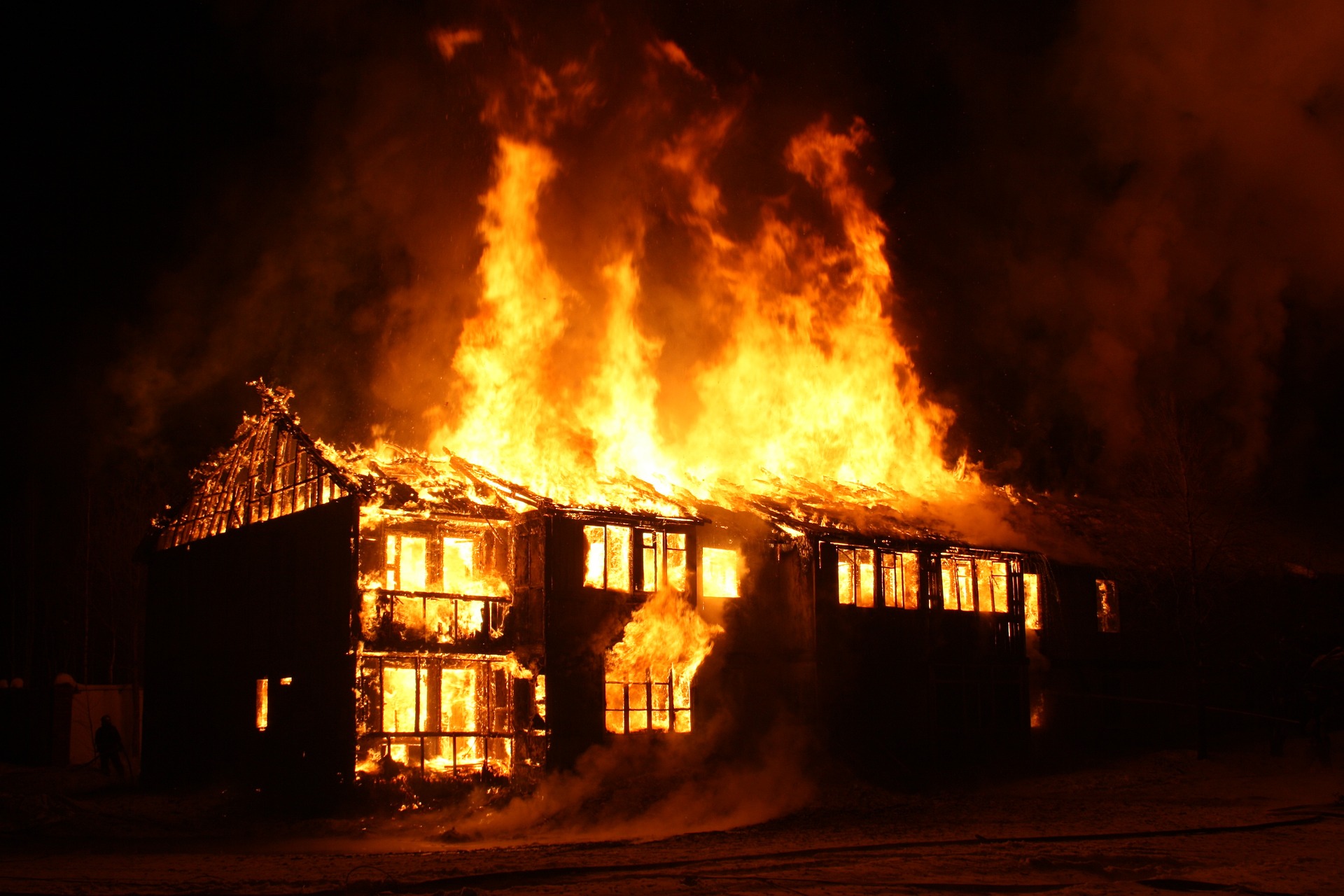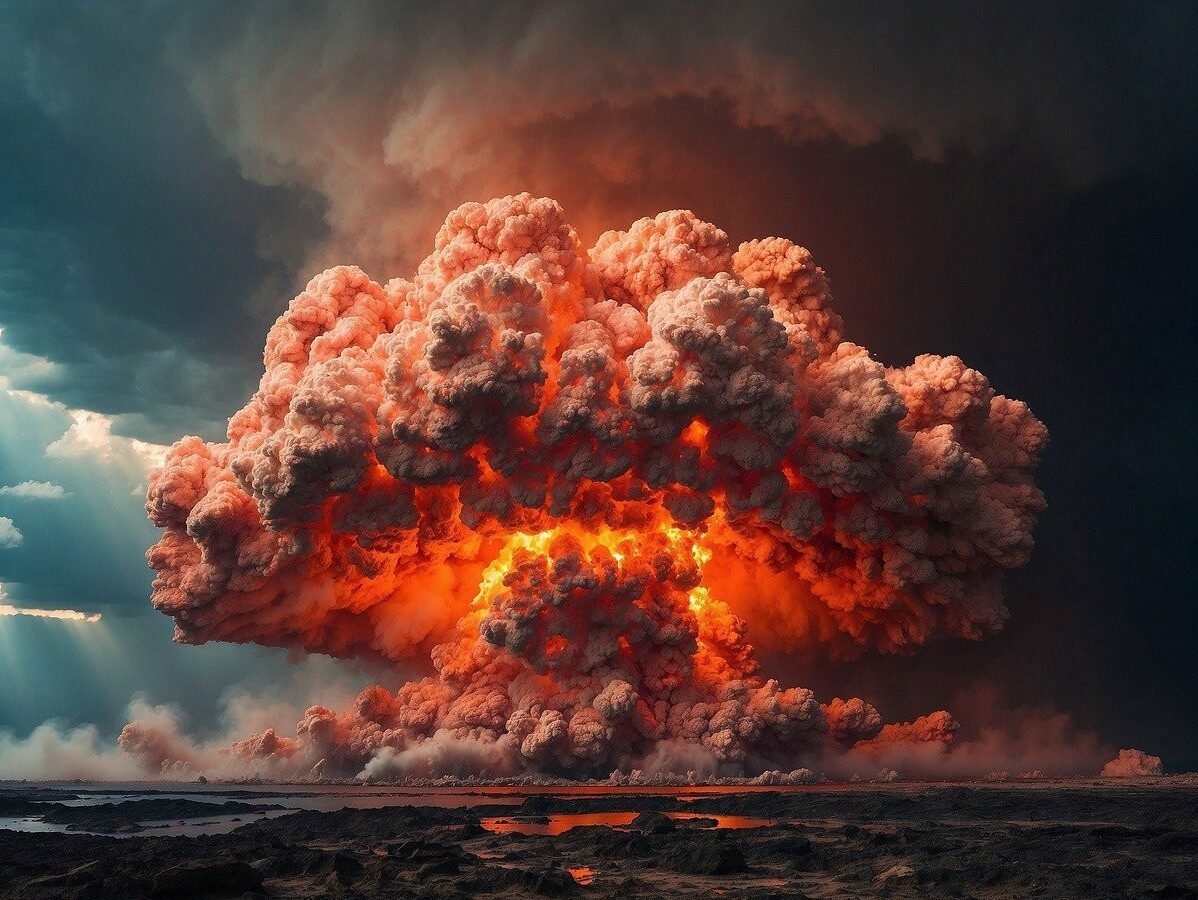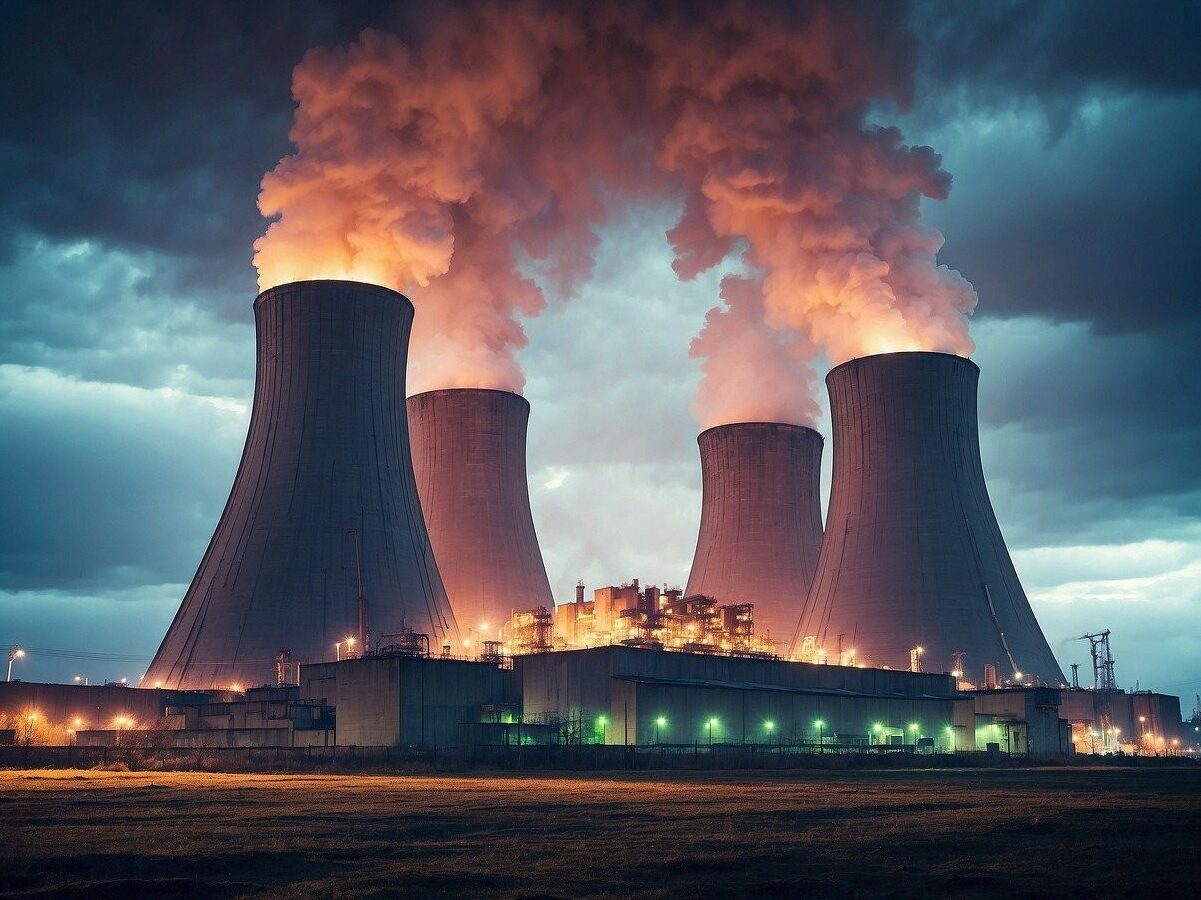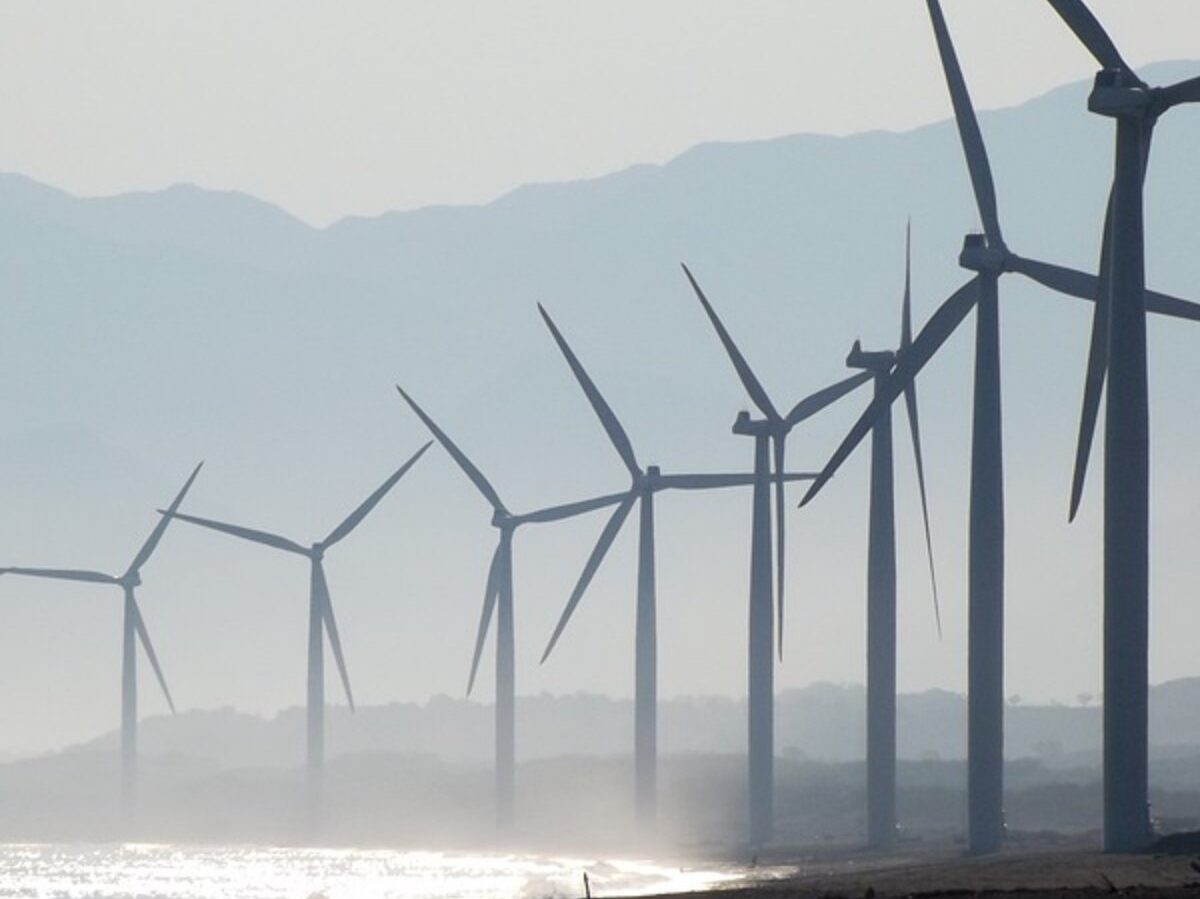What You Need to Know About the Fire Risks with Solar Panels
As solar energy continues to gain popularity as a sustainable and cost-effective solution for electricity generation, more homeowners and businesses are installing solar panels. However, with the rise in solar installations comes a growing concern about the fire risks with solar panels. While solar panels are generally safe and incidents of fires are rare, understanding the potential fire risks with solar panels and how to mitigate them is crucial for anyone considering or already using solar energy. This blog post will explore the fire risks with solar panels, the causes of these risks, and the measures you can take to ensure the safety of your solar energy system.
The Basics of Solar Panel Safety
Solar panels are designed to be safe and durable, capable of withstanding various environmental conditions such as rain, wind, and even hail. They operate by converting sunlight into electricity using photovoltaic (PV) cells, which generate direct current (DC) electricity. This electricity is then converted to alternating current (AC) by an inverter, making it usable for your home or business.
While the technology behind solar panels is advanced and reliable, the combination of electrical components, high voltage, and exposure to the elements can introduce fire risks with solar panels if not properly managed. It’s important to note that these fire risks with solar panels are not unique to solar energy systems; they are similar to those found in any electrical installation. However, the increasing number of solar panel installations has brought more attention to this issue.
Common Causes of Fire Risks with Solar Panels
Understanding the root causes of fire risks with solar panels is key to preventing incidents. Here are some of the most common factors that can lead to fire risks with solar panels:
Poor Installation Practices
One of the leading causes of fire risks with solar panels is poor installation. When solar panels are not installed correctly, it can result in loose connections, damaged wiring, or improper grounding, all of which can create electrical faults that may lead to overheating and, eventually, a fire. This is why it’s crucial to hire qualified and experienced professionals for the installation of your solar panels.
Preventive measures:
- Ensure that the installation is done by certified and reputable installers.
- Check that the installer follows all safety standards and regulations.
- Request a thorough inspection after installation to verify the quality of the work.
Faulty Electrical Components
The electrical components used in a solar energy system, such as inverters, connectors, and cables, play a critical role in its safe operation. If any of these components are faulty or of poor quality, they can become a fire hazard. For example, defective connectors can cause arcing, which occurs when electricity jumps between two conductive materials, generating heat that can ignite a fire.
Preventive measures:
- Use high-quality, certified components from reputable manufacturers.
- Regularly inspect your solar energy system for signs of wear and tear, especially around connectors and wiring.
- Replace any faulty or damaged components immediately to prevent potential hazards.
Overvoltage and Overcurrent Issues
Overvoltage and overcurrent issues can arise when the electrical load on the solar system exceeds its capacity. This can happen if the system is not properly sized for the energy needs of the property, or if there are sudden surges in electricity demand. These issues can cause overheating in the system, increasing the risk of a fire with solar panels.
Preventive measures:
- Ensure that your solar energy system is properly sized and designed to handle your electricity needs.
- Install overcurrent protection devices such as circuit breakers to prevent overloads.
- Regularly monitor your system’s performance to detect any unusual increases in voltage or current.
External Factors
While the internal components of a solar energy system are typically the primary focus when assessing fire risks with solar panels, external factors can also contribute to these risks. Environmental conditions such as lightning strikes, falling debris, or even rodents chewing on wires can damage the system and create potential fire hazards.
Preventive measures:
- Install surge protection devices to safeguard against lightning strikes.
- Regularly inspect your system for any external damage or signs of wear, such as chewed wires.
- Ensure that the area around your solar panels is free from flammable materials, such as dry leaves or debris.
Real-Life Incidents and Lessons Learned
Though the fire risks with solar panels are small, incidents do occur, and each incident provides valuable lessons for improving safety standards and practices. Here are a few examples:
Warehouse Fire in the Netherlands (2018)
In 2018, a large warehouse in the Netherlands caught fire due to an issue with the solar panels installed on the roof. The investigation revealed that the fire was caused by poor installation practices, including improper connections that led to electrical arcing. This incident highlighted the importance of using qualified installers and conducting thorough inspections.
Residential Fire in California (2020)
A residential home in California experienced a fire in 2020 that was traced back to faulty connectors in the solar energy system. The connectors had degraded over time due to exposure to the elements, eventually causing an electrical fault that ignited a fire. This case emphasized the need for regular maintenance and inspection of solar panel systems.
Fire at a Solar Farm in Australia (2021)
A solar farm in Australia suffered a fire in 2021, which was attributed to overvoltage issues within the system. The fire spread quickly due to the large number of panels and the presence of dry vegetation around the site. This incident underscored the importance of proper system design and the management of external fire risks, such as clearing vegetation.

Steps to Minimize Fire Risks with Solar Panels
While the potential fire risks with solar panels should not deter you from adopting solar energy, they do necessitate careful planning, installation, and maintenance. Here are some steps you can take to minimize these risks:
Choose a Reputable Installer
The first and most important step in ensuring the safety of your solar energy system is to choose a reputable and experienced installer. Look for companies that are certified by recognized industry bodies, have positive customer reviews, and can provide references from previous installations. A quality installation is the foundation of a safe and reliable solar energy system.
Use High-Quality Components
Investing in high-quality components is crucial for the long-term safety and performance of your solar energy system. Ensure that all parts, from the panels to the inverters and connectors, are sourced from reputable manufacturers and meet industry standards. Avoid the temptation to cut costs by using cheaper, uncertified components, as this can increase the risk of electrical faults and fires.
Regular Maintenance and Inspections
Regular maintenance and inspections are essential for identifying potential issues before they become serious problems. Schedule annual inspections with a qualified technician who can check for signs of wear and tear, loose connections, and other potential hazards. Regular maintenance will also help to ensure that your system is operating at peak efficiency, maximizing your energy savings.
Install Safety Devices
There are several safety devices that can be installed to reduce the fire risks with solar panels. These include:
- Surge Protectors: Protect your system from voltage spikes caused by lightning strikes or other external factors.
- Arc Fault Circuit Interrupters (AFCIs): Detect and interrupt electrical arcs that could lead to fires.
- Fire Break Switches: Automatically disconnect the solar panels from the electrical system in the event of a fire, reducing the risk of further damage.
Monitor Your System
Many modern solar energy systems come with monitoring tools that allow you to track the performance of your panels and detect any anomalies in real-time. Regularly monitoring your system can help you identify issues early, such as unexpected drops in performance, which could indicate a problem that needs to be addressed.
Educate Yourself and Your Family
Finally, it’s important to educate yourself and your family about the operation of your solar energy system and the potential fire risks with solar panels. Make sure everyone knows how to safely operate the system, recognize the signs of a problem, and what to do in the event of an emergency.
The Role of Industry Standards and Regulations
To further enhance the safety of solar energy systems, industry standards and regulations play a critical role in fire risks with solar panels. Organizations such as the International Electrotechnical Commission (IEC) and the National Fire Protection Association (NFPA) have developed standards that govern the design, installation, and operation of solar energy systems. These standards are designed to minimize the risks of electrical faults, fires, and other hazards associated with solar panels.
In many countries, compliance with these standards is mandatory for solar installations. This ensures that systems are built to the highest safety standards, reducing the likelihood of fire incidents. Additionally, ongoing research and development in the solar industry continue to improve the safety and reliability of solar panels, making them an increasingly secure option for generating renewable energy.
Summary
While the fire risks with solar panels are real, they are relatively rare and can be effectively managed with proper installation, maintenance, and safety practices. By understanding the potential causes of fires and taking proactive measures to address them, you can enjoy the many benefits of solar energy with peace of mind.
The future of solar energy is bright, with advancements in technology and safety standards continuing to make it a more viable and secure option for homeowners and businesses alike. As the adoption of solar energy grows, it’s essential to remain vigilant and informed about the best practices for ensuring the safety of your solar energy system.
By choosing a reputable installer, using high-quality components, conducting regular maintenance, and following industry standards, you can minimize the risks and maximize the benefits of your solar panels. With the right approach, solar energy can provide a safe, sustainable, and cost-effective solution for your electricity needs, contributing to a greener future for all.
Have you ever heard about a fire caused by solar panels?
If you found this post insightful, make sure to explore our other articles: “Achieving Energy Independence With Solar Power“, “Problems with Lithium Batteries in Cars: What You Need to Know“, “The Rise of Solar Power Scams“
Learn more: Office of Energy Efficiency & Renewable Energy


